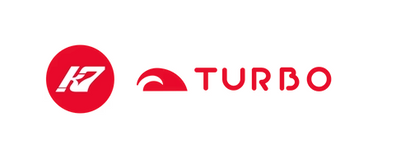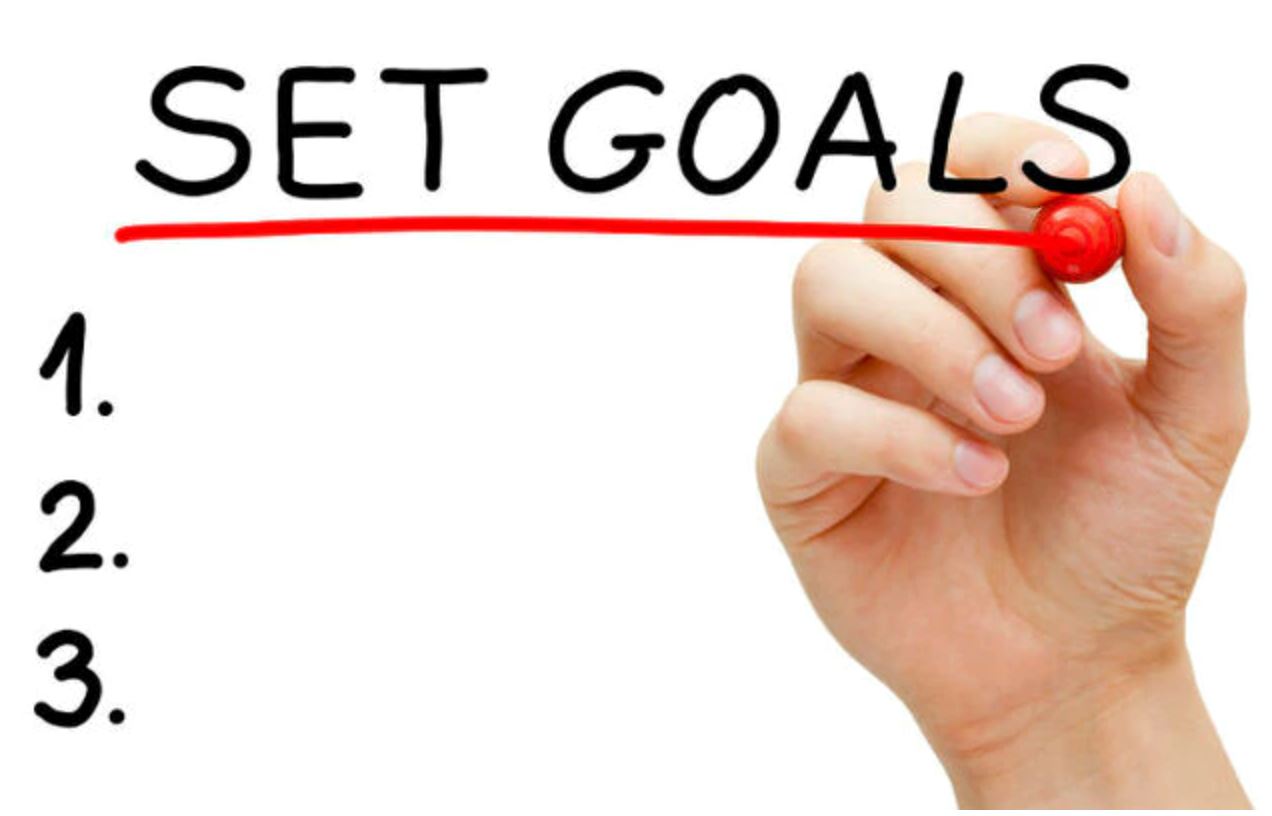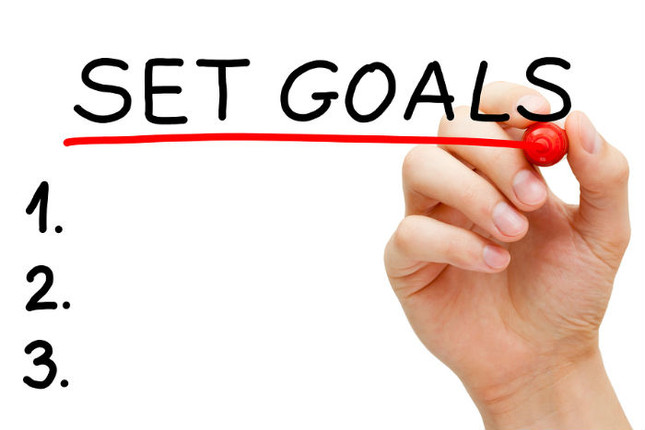Your Cart is Empty
You’ll often read about goals when starting a new season as the most important first step a coach or athlete should take to ensure they are on the path to success. However the way athletes set their goals depends on their vision of what it looks like for them to be successful. How do we develop the meaning of success?
Everyone is constantly influenced by the people, literature, and media in their lives. Influence can be both direct and indirect which is why most people will advise others to be aware of the people and content they read. Your definition of success is guided by these influences through their examples and messages and as you mature you develop mental blueprints and motivations from your influences to help you decide where to exert effort and attention. You wouldn’t want to do something if you were not motivated by some type of personal gain or advantage that you thought was important at the time.
In water polo and all sports athletes tend to be nurtured into believing that success is defined by wins, goals, positions earned, school affiliations, and team-selections. These external motivators guide daily decisions in one way or another so that we perceive we are on the path toward achieving the outcomes we hope to accomplish. However, what experienced athletes find as they move along on their journey is that these outcomes do not completely define mastery in their sport. In fact, when outcome driven athletes face large amounts of adversity or challenge such as injuries or coaches (decisions not in line with what they wanted during their careers), they usually find that they are ill-equipped to persevere and come out on the other side with the same drive and desire. Even within games when referees make questionable calls or personal mistakes are made, outcome driven athletes tend to lower their expectations and give minimal effort.
If you want to be the absolute best you can be while preparing yourself with a mindset of resilience and perseverance towards the ultimate goals that drive you, define success in terms of constant and continuous improvement. Every practice and every game decide on one part of your game that details how you can become 1% better. Focus on aspects in and out of the pool during your preparation, performance, and recovery that you can control and receive maximum return on your investment of physical and mental energy. Strive to master your sport instead of only mastering your opponents and hold yourself accountable by being disciplined enough to recognize the temptation to veer off towards the average that seems easier. Average is only the best of the worst and the worst of the best. Comparison of skills to others who you perceive have equal ability can serve as inspiration but you will eventually need to develop the ideal player you want to become and that will define your version of success.
About the author: Brian Alexander is an athlete mental skills coach who helps athletes learn to train mental aspects related to their sport by implementing sport psychology techniques. Contact Brian for mental skills coaching via email: alexander.brian3@gmail.com or at www.athletementalskillscoach.com.Also follow him on Twitter @BA_POS_MIND and on Facebook (Athlete Mental Skills Coach).



